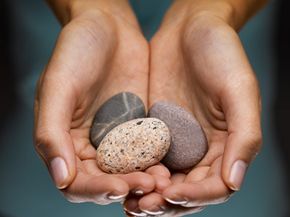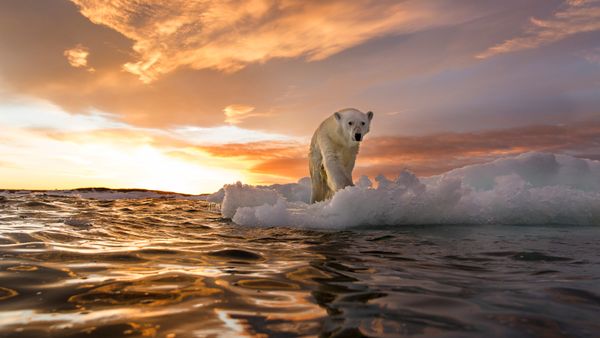Do you burst into tears at the mere mention of the shrinking Amazon rainforests? Does the question, "Paper or plastic?" send you into a mental tailspin? Have you spent sleepless nights worrying about whether the bleach you poured into your washing machine is going to eventually make its way into your drinking water?
If you answered "yes" to any of these questions, you may be among the growing number of people in the United States suffering from eco-anxiety. This relatively new psychological affliction is a chronic fear of environmental doom -- the concern that increasing human development and pollution are leading us into an inevitable scourge of floods, famines, heat waves, species extinctions, and ultimately, the demise of our planet.
Advertisement
Eco-anxiety is real, according to some psychologists, and it can really stress you out. As one eco-anxious reporter described it, "The sight of an idling car, heat-trapping carbon dioxide spewing from the tailpipe, would send me into an hours-long panic, complete with shaking, the sweats, and staring off into space while others conversed around me" [source: Plenty].
Unlike the general sort of anxiety disorders that grip an estimated 40 million people in the United States, eco-anxiety is a more specific sort of worry [source: NIMH]. The eco-anxious are single-minded in their fear: They focus on environmental destruction.
While not everyone has this level of anxiety about the plight of the environment, surveys show many people are deeply concerned. According to a Gallup poll, 36 percent of Americans say they worry "a great deal" about global warming, and 35 percent say they believe it will "pose a serious threat" to them or their way of life in their lifetime [source: Gallup]. Studies also show that women are more worried about the environment than men [source: International Herald Tribune].
Read on to find out why people are working themselves into a tizzy over melting glaciers and the plight of the polar bear.
Advertisement



